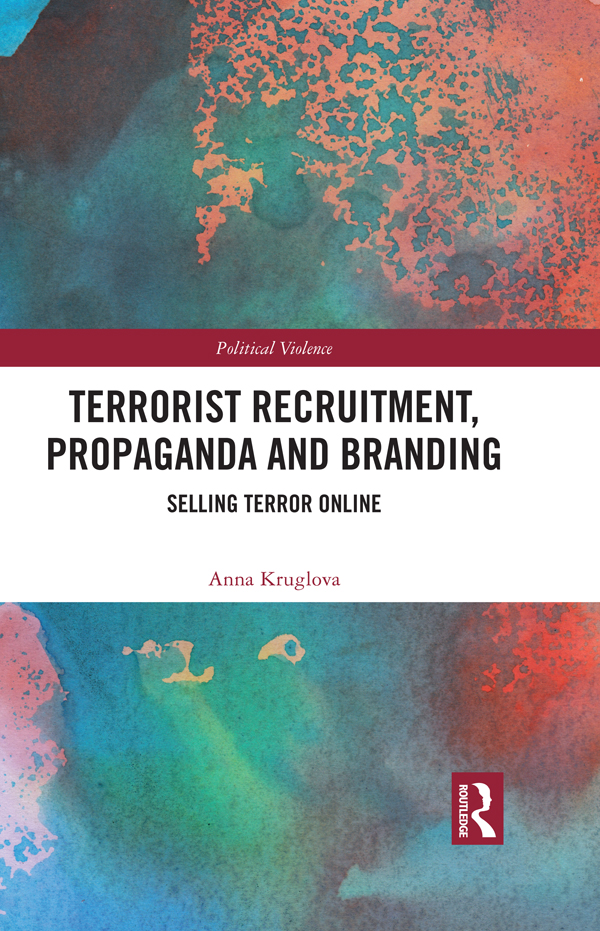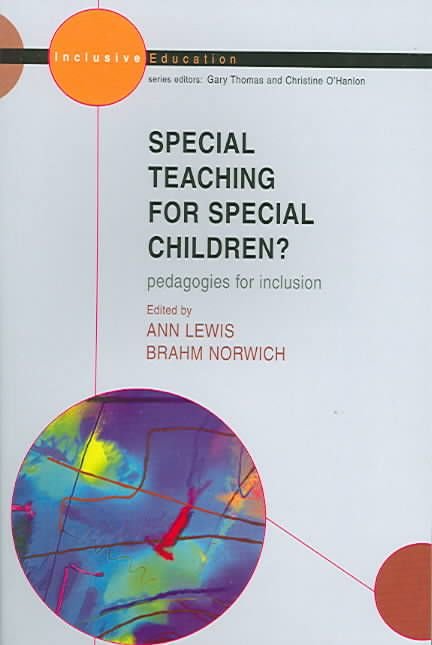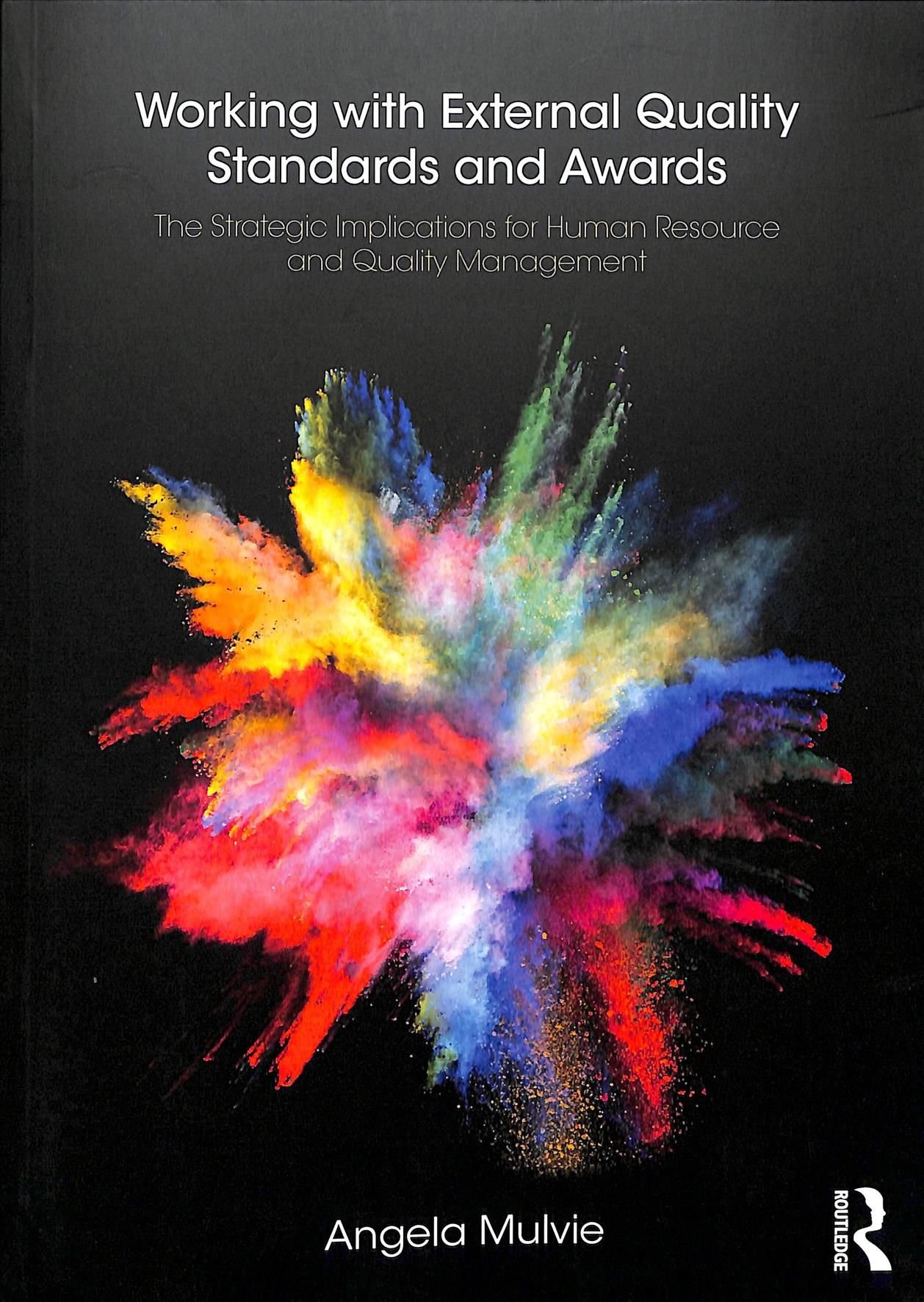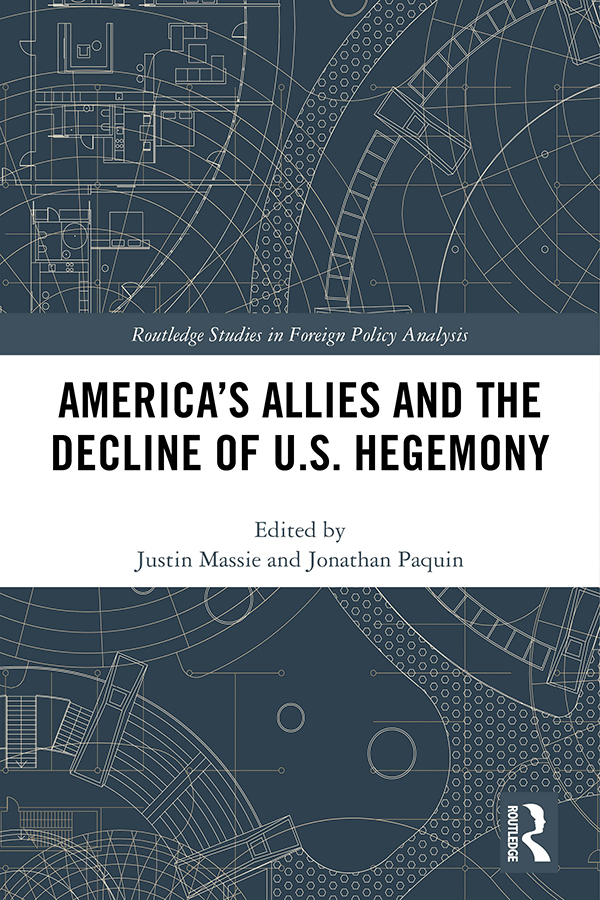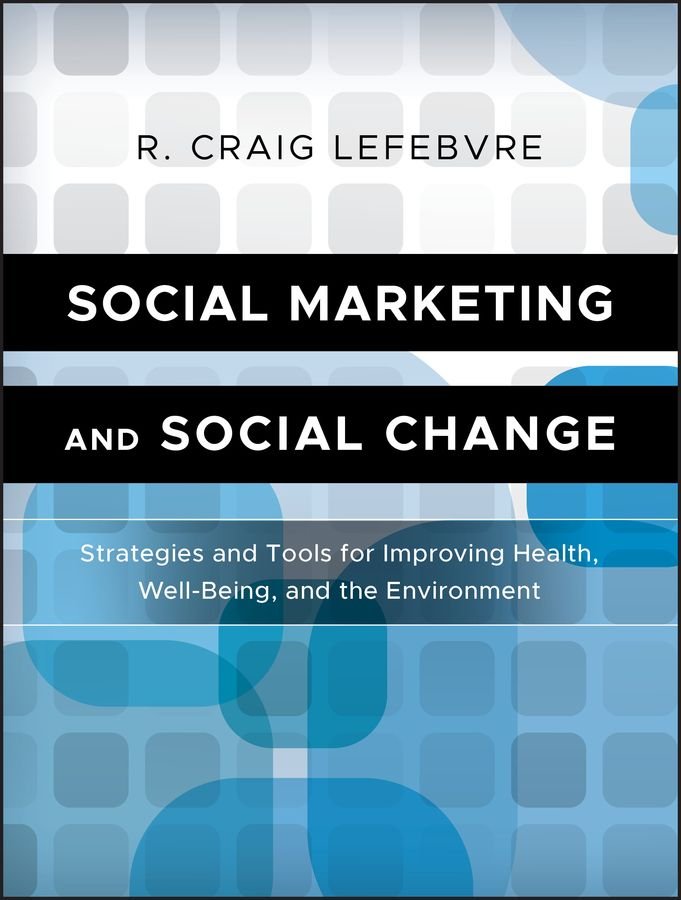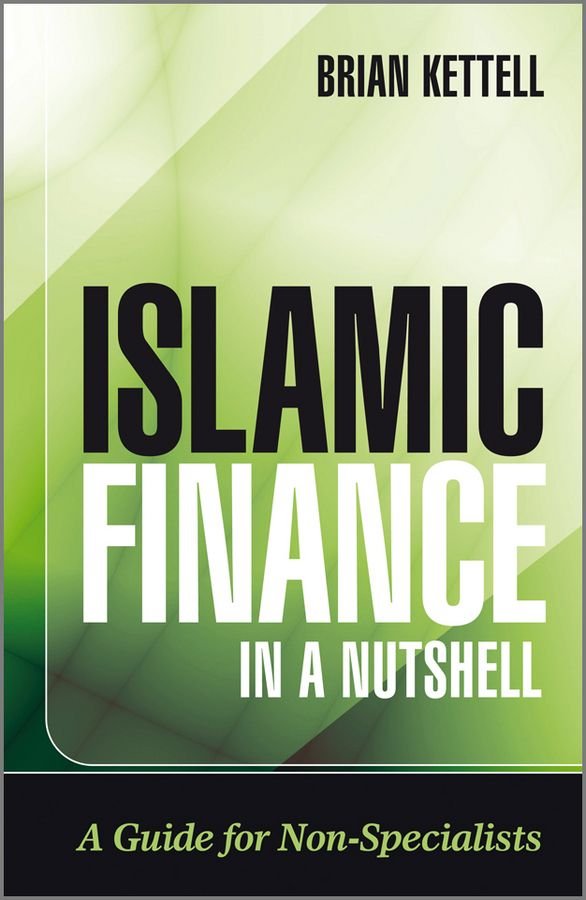This book analyses the marketing techniques that terrorist organisations employ to encourage people to adopt their ideology and become devoted supporters. The book’s central thesis is that due to the development of digital technologies and social media, terrorist groups are employing innovative marketing techniques and advertising strategies to foster an emotional connection with their audiences, particularly those in younger demographics. By conducting thematic and narrative analyses of Islamic State of Iraq and Syria (ISIS) propagandist magazines, as well as looking at the group’s online communities, the book demonstrates that terrorist groups behave as commercial brands by establishing an emotional connection with their potential recruits. Specifically, groups and their potential supporters follow the logic of emotional choice. The book emphasizes that while ISIS became the first group that discovered and benefited from the power of marketing, it did not have a supernatural power and thus it is possible to find a response to it, which is particularly important now. The book eventually poses a question about whether terrorism has become the product of marketing in the same way as any mainstream consumer product is, and asks what can we do to battle the appeal of marketing-savvy terrorist groups. This book will be of interest to students of terrorism studies, radicalisation, and propaganda, communication , and security studies.
